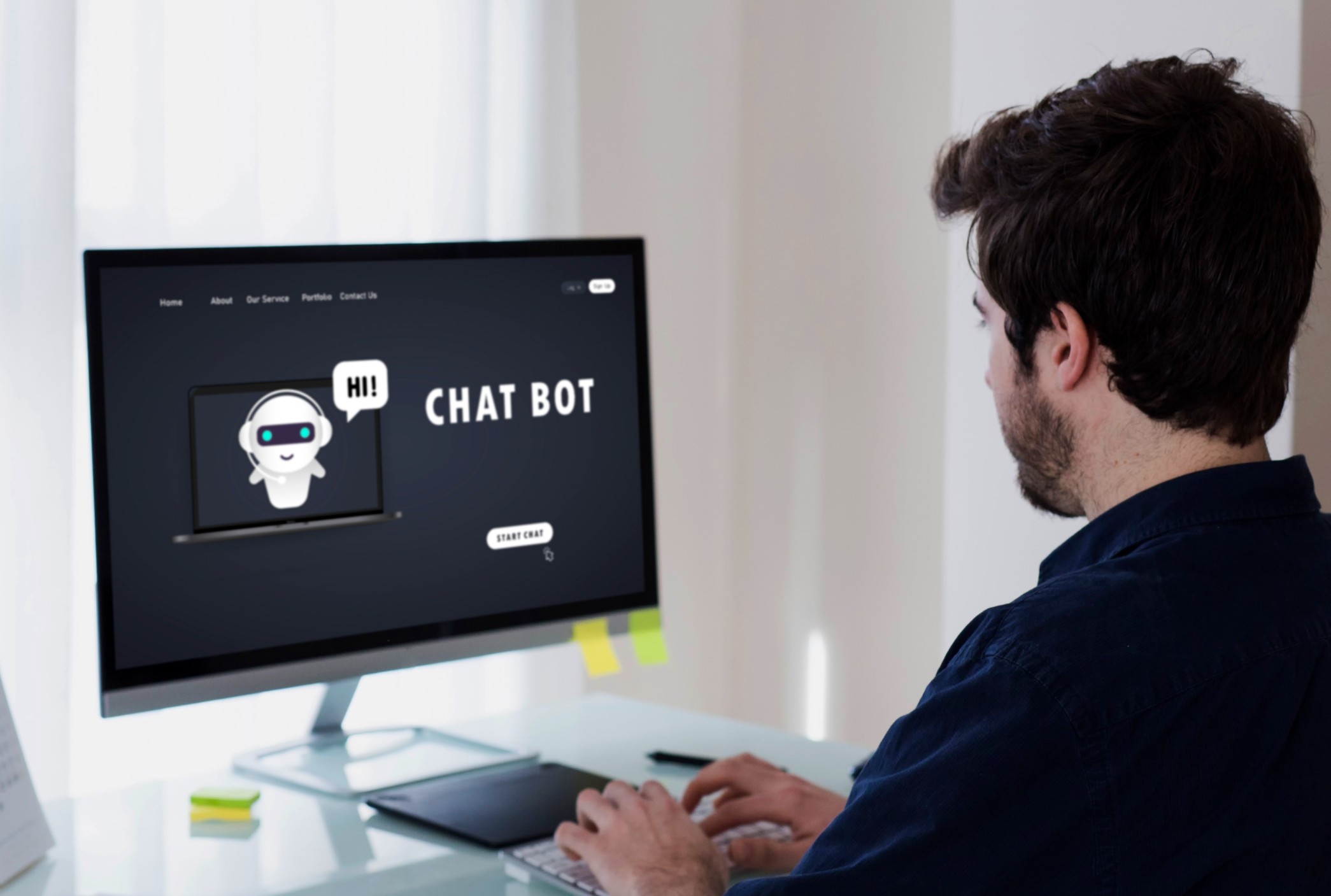In a surprising move that has caused some confusion and debate online, OpenAI has just released access to its ChatGPT service, uncertain how a user could start chatting without signing up for an account. The idea is to make technology accessible and inclusive so that many people can experience AI capabilities without having to sign up. Eventually, with open hands, OpenAI would persuade broad acceptance of AI and its exploration.

In fact, such unobstructed access ensures that every man connected to the net has quick playtime with artificial intelligence, thus making it a preferred option for those who do not wish to be burdened by registration.
Freedom of use now means your privacy, safety, and how the system may get exploited are up for discussion; hence, one big question: Is it safe to search free with ChatGPT?
Table of Contents
Privacy and Data Collection
One of the chief concerns of the users has been the issue of data privacy. OpenAI has stated that even though a user can talk to ChatGPT without having to sign in, their conversations might be recorded and used for AI model improvements. However, because a user does not have an account, the data may not be identifiable concerning any personal profile, so perhaps, this should reduce identifiable risk. Notwithstanding that, any user concerned about the matter of privacy should also take heed in discussing personal or sensitive information within their conversations.
Also, OpenAI has implemented anonymization techniques to avoid a connection of any recorded conversation to any single person. That said, anything typed into the Chat may be retained and evaluated; thus, care must be exercised with proprietary business information, personal information, or sensitive data. Those who take privacy seriously may want to use some other methods, such as a Virtual private network (VPN) and private browsing, to reduce exposure.
AI at your call, answers so widely, Yet use with care, let caution guide.
Security and Misuse Risks
ChatGPT may have lower risks concerning credential theft, such as phishing or password leaks when used without an account from the security viewpoint. On the other hand, it can facilitate misuse with free access, because people may exploit AI-generated content for misinformation, spam, or unethical purposes. OpenAI has built mechanisms into its system to prevent abuse, but some risks remain.
Another security issue arises from the very real threat of hallucination, where ChatGPT might craft incorrect or misleading information. With little ability for free users to review and verify prior chat logs through personal accounts, users may find it hard to cross-verify the information provided to them. As is the case with any AI service, information should always be scrutinized against information pulled from trusted sources.
Limitations and Feature Differences
The unregistered ChatGPT users might consider themselves with limited privileges as compared to the registered ones, as there are such features as personalized answers, saving chats, and some high-end AI features available for registered members. Well, in the free edition, members would have to endure some lapses, as few customizing options would be set off.
Also, OpenAI might give high priority to the quality of responses and access speed for registered users, whereas unaccounted ones might suffer from longer wait times at peak usage. Those who depend on ChatGPT often for work or study would benefit from creating an account to have a more seamless experience.
ChatGPT: Ethical Considerations and Responsible Use
With its ever-growing integration into the everyday lives of people, the ethical considerations surrounding AI use are now some of the most pressing. The open and free access to ChatGPT allows the sharing of knowledge that is widespread and open to all, although it also raises concerns around misinformation and biased outputs, not to mention using the tool for harmful ends. While OpenAI refines and maintains its safety mechanisms to deal with risks posed by ChatGPT, all users should still protect themselves with their good sense and critical evaluation of the answers provided by AI.
This may have implications in terms of interpretation: journalism, education, and cybersecurity may all need to take stock of what unfettered access to AI means. It is one thing to realize that tools like ChatGPT will help boost productivity and learning, but ensuring their correctness is equally vital to avoiding unintentional hurt.
Final Verdict: Should You Use It?
Those wishing to have a quick chat with ChatGPT without creating an account can do so without worrying too much about potential risks. Privacy-minded individuals looking for more features would still want an account to relinquish lesser control over how their interactions go.
While employing the indicated tools, users must take care to follow certain basic rules of conduct: Do not enter personal or sensitive information, validate AI-generated responses against known accurate data, and remember that biases are included in AI outputs. As the AI space evolves, it becomes ever more important that AI users are fully cognizant of what their input data is used for, while being responsible for their general usage of the AI-driven tools.
In the end, a user must determine whether to use ChatGPT’s free chat without an account themselves, based on their needs and comfort levels with those risks. By educating themselves on the risks and benefits of a situation, users can make informed choices to optimally use their experiences with AI technology.


